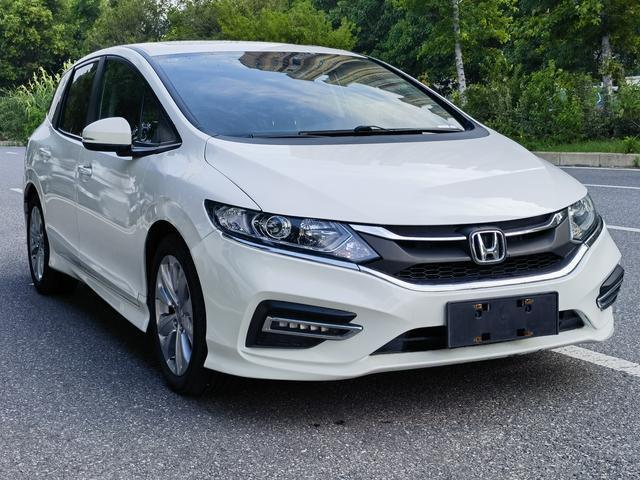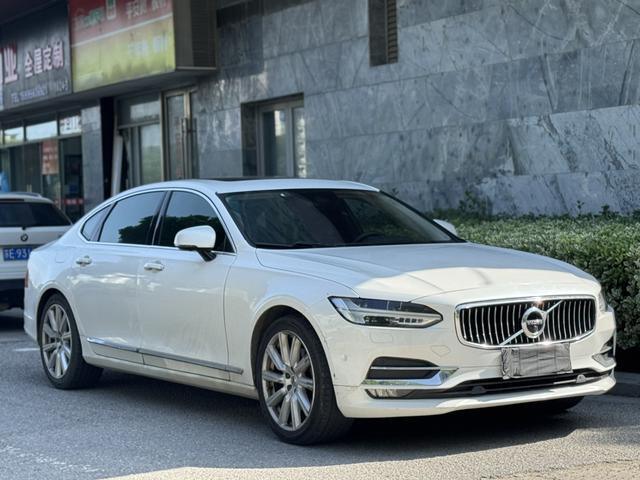Essential Guidelines for Finding Dependable Pre-Owned Vehicles
Searching for used cars that offer lasting reliability can feel like navigating a complex maze. With thousands of pre-owned vehicles available in today's market, identifying ones that will provide years of dependable service requires careful research and evaluation. This comprehensive guide will walk you through proven strategies to find used cars that stand the test of time, helping you make an informed investment that brings peace of mind.
The used car market continues to evolve, with reliability becoming an increasingly critical factor for buyers. Recent market analysis shows that properly maintained used cars can easily surpass 200,000 miles while maintaining their performance and value. Understanding how to identify these reliable gems among the vast selection of pre-owned vehicles can save you significant money and hassle in the long run.

Key Factors in Evaluating Used Car Reliability
Vehicle History and Documentation
A comprehensive vehicle history report serves as the foundation for assessing any used car's reliability potential. These reports reveal crucial information about past accidents, maintenance records, ownership changes, and service patterns. Look for used cars with complete maintenance documentation, as this typically indicates responsible ownership and proper care.
Pay special attention to the regularity of maintenance intervals and whether the previous owners followed the manufacturer's recommended service schedule. Consistent oil changes, tire rotations, and routine inspections are positive indicators of a well-maintained vehicle that's more likely to provide reliable service.
Manufacturer Track Record
Different car manufacturers have varying reputations for building reliable vehicles. Research reliability ratings and consumer reports spanning multiple years for the specific make and model you're considering. Look for used cars from manufacturers with proven track records of producing durable vehicles that maintain their performance over time.
Consider brands that consistently rank high in long-term reliability studies and have demonstrated commitment to quality control in their manufacturing processes. Japanese manufacturers like Toyota and Honda have historically excelled in this area, though many other global brands have made significant strides in recent years.
Critical Components to Inspect
Engine and Transmission Assessment
The powertrain components represent the heart of any vehicle's reliability. When evaluating used cars, pay particular attention to the engine's condition and performance. Listen for unusual noises, check for oil leaks, and observe the exhaust smoke color. A well-maintained engine should run smoothly without hesitation or rough idling.
Transmission inspection is equally crucial. Test both automatic and manual transmissions for smooth gear changes and proper engagement. Any slipping, delayed responses, or grinding noises could indicate expensive future repairs. Request detailed service records specifically related to these major components.
Electrical System Evaluation
Modern used cars rely heavily on electronic systems, making electrical reliability essential. Test all electronic features, including power windows, locks, climate control, and entertainment systems. Check that all dashboard warning lights function properly and ensure there are no persistent warning indicators.
Pay special attention to the battery's condition and charging system performance. A professional diagnostic scan can reveal any stored error codes that might indicate underlying electrical issues. This thorough evaluation helps prevent unexpected electrical failures down the road.
Maintenance Costs and Parts Availability
Regular Service Expenses
Understanding the long-term maintenance costs is crucial when selecting used cars for reliability. Research typical service intervals and associated costs for specific models. Some vehicles require more frequent or expensive maintenance, which can impact their overall reliability and ownership costs.
Consider the availability and pricing of common replacement parts. Certain luxury or rare models might have significantly higher parts costs, even for routine maintenance items. Choose used cars with reasonable maintenance requirements and readily available replacement components.
Brand-Specific Service Requirements
Different manufacturers have varying service requirements and specifications. Some used cars may require specialized tools or diagnostic equipment for maintenance, potentially limiting your service options. Research whether regular maintenance can be performed by independent mechanics or requires dealer service.
Factor in the availability of qualified technicians in your area who are experienced with your chosen make and model. This consideration helps ensure you'll have access to proper maintenance services throughout your ownership experience.
Test Drive and Professional Inspection
Comprehensive Road Testing
A thorough test drive reveals much about a used car's current condition and potential reliability. Drive the vehicle in various conditions, including highway speeds, city traffic, and different road surfaces. Pay attention to steering response, brake performance, and overall handling characteristics.
Test all features and controls during the drive, noting any inconsistencies or malfunctions. Listen carefully for unusual noises, especially during acceleration, braking, and turning. A proper test drive should last at least 30 minutes to allow the engine to reach full operating temperature.
Professional Mechanical Assessment
Always invest in a pre-purchase inspection by a qualified mechanic before finalizing any used car purchase. Professional inspectors can identify potential issues that might not be apparent during a casual inspection or test drive. They can also provide estimates for any necessary repairs or maintenance.
Request a detailed inspection report covering all major systems and components. This investment typically costs between $100-200 but can save thousands by identifying problematic used cars before purchase. The inspection results also provide valuable negotiating leverage if repairs are needed.
Frequently Asked Questions
What mileage is considered too high for a reliable used car?
While mileage is important, it shouldn't be the sole determining factor. Well-maintained used cars can remain reliable well beyond 100,000 miles. Focus more on maintenance history and overall condition rather than fixating on mileage alone. Many modern vehicles can easily surpass 200,000 miles with proper care.
How important is the vehicle's age compared to its mileage?
Both age and mileage play significant roles in a used car's reliability. Newer vehicles with high mileage might be better choices than older, low-mileage cars, as rubber components and seals can deteriorate with age regardless of use. Consider both factors alongside maintenance history when evaluating reliability potential.
Should I avoid used cars that have been in minor accidents?
Minor accidents don't automatically disqualify a used car from being reliable. The key is understanding the extent of the damage, quality of repairs, and whether structural integrity was compromised. Professional inspection can help determine if past accidents will affect long-term reliability.

